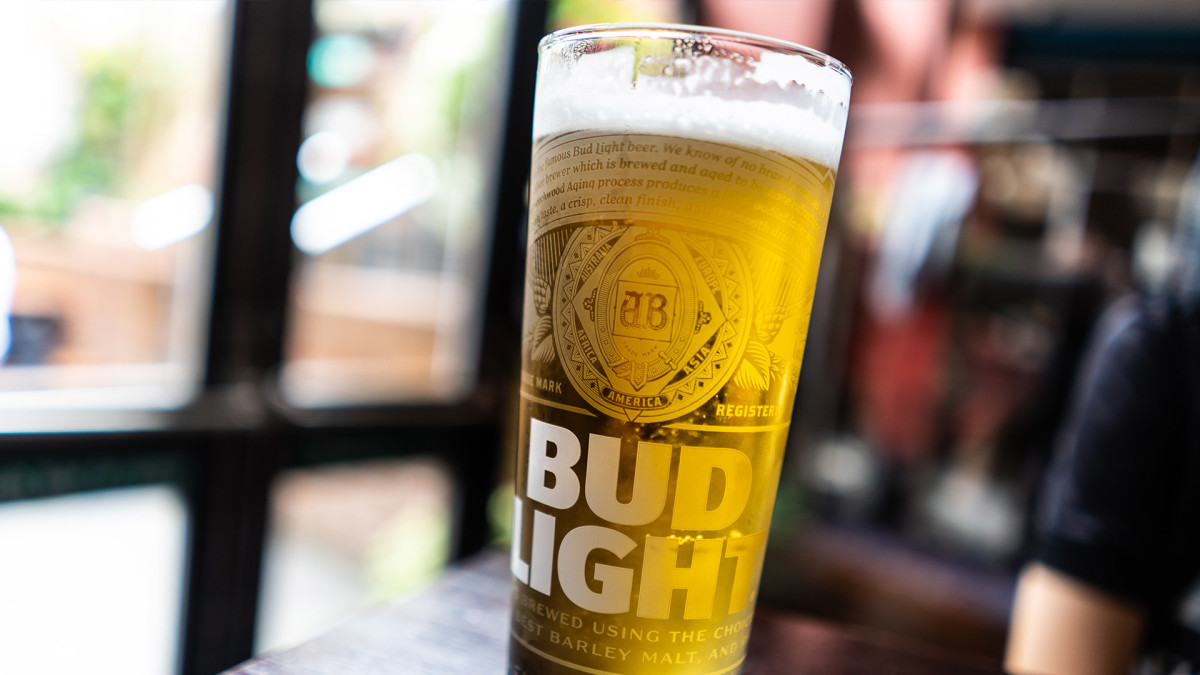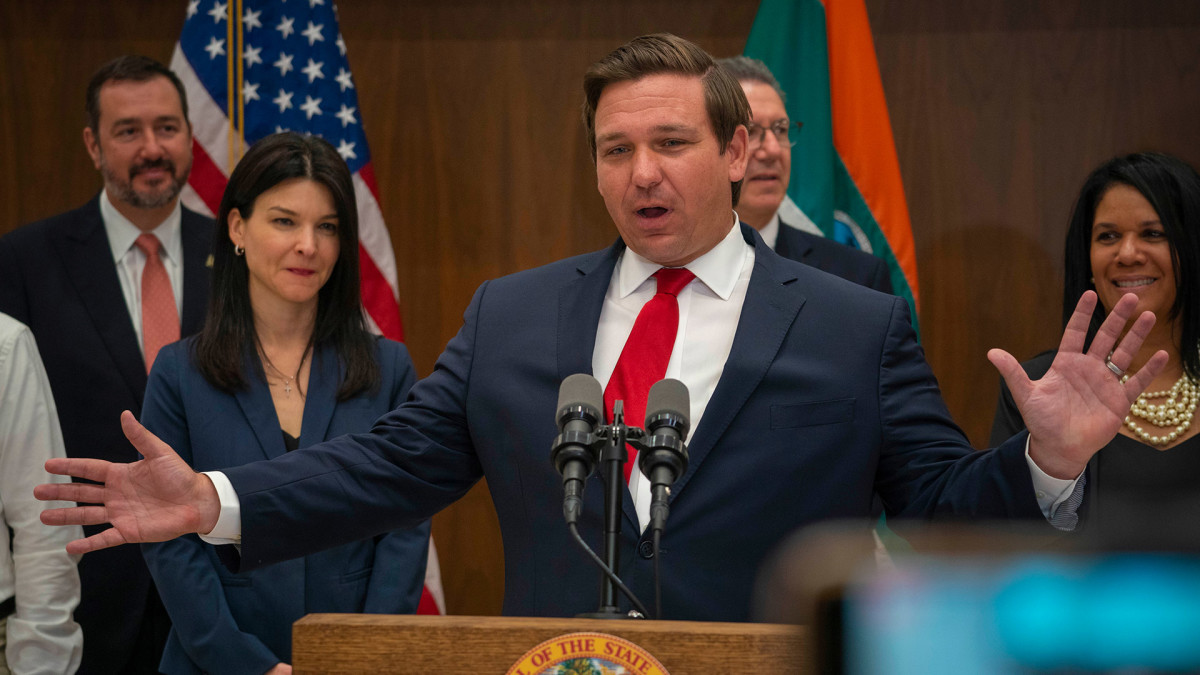
California has a minimum wage.
It's $15.50 per hour, higher than every state besides Washington ($15.74), and the District of Columbia ($17). In California, that rate applies to all workers while previous minimum wage rules in that state had exceptions for companies below a certain size.
DON'T MISS: Burger King menu adds unique Whopper, spicy new 'fries'
Now, California Gov. Gavin Newsom has decided that fast-food companies should pay more than that. Never mind that most entry-level fast-food/quick-serve restaurant jobs require no skills, Newsom, a sort of shadow Democratic candidate for president should age or health prevent Joe Biden from running again, has picked an easy enemy.
Fast-food chains like McDonald's (MCD) -), and Yum Brands' Taco Bell and Popeye's, as well as most other players in the space, have generally paid relatively low wages compared to even other service industry jobs. That has not been the case since the covid pandemic where worker shortages have generally (but not uniformly) forced fast-food companies to pay close to the wages paid by Walmart, Target, Home Depot, and other retail chains.
Still, on a Career Cloud list of the highest-paid retail workers, only a few chains reach $20 per hour for what could be considered entry-level jobs. Target (TGT) -) comes close to $20 per hour for warehouse workers with some positions paying about that number.
Ikea, which is not a public company, exceeds $20 per hour, but most major chains pay well below it. Those chains, which include Walmart, Home Depot, Lowe's, and many others, won't be forced to pay a $20 per hour wage under the state's newest law, but fast food chains will.
It's hard to see Newsom's move as anything different than Florida Gov. Ron DeSantis going after Walt Disney because it took a public stand against a piece of his legislation. Newsom may not be being as petty as his right-wing rival, but his actions appear to be more about political theater than worker rights.

California adopts $20 fast-food minimum wage
DeSantis has been called out by members of his own party for singling out Walt Disney for political, not business reasons. Newsom seems to be picking and choosing his wage battle by going after fast food instead of raising the minimum wage more broadly.
The governor signed AB 1228, a new law that sets rules specific to the fast-food industry.
"Under the law signed by Newsom, the minimum wage at fast food restaurants that are part of brands which have 60 or more units nationwide will rise to $20 an hour on April 1, 2024, and the council created by AB 1228 will have limited power to set the pace of wage increases until 2029," Restaurant Dive reported.
The new law has no exceptions aside from the size of the businesses involved. A 14-year-old working at Wendy's a few hours a week would get $20 per hour while the same minor working at Target, Walmart, or other large chains could be paid $15,50 per hour (rising to $16 next year).
California's actions will have consequences
Just like DeSantis has scared some businesses away from expanding operations in Florida, Newsom is doing the same in California. Forcing wage increases across the board in one industry, but not others, will cause some chains to leave the state.
Bigger chains like McDonald's (MCD) -) will likely opt to automate more positions and eliminate jobs. That's something some chains and their franchise owners cannot afford to do.
In the short term, prices will rise because costs will be higher. In those cases, companies almost always pass the pain onto customers.
The new rules are also selective. Regular restaurants aren't impacted nor is Panera Bread, which is classified as a bakery and not a restaurant.
The minimum wage exists to set a floor that puts all companies on an equal playing field. This new rule penalizes fast-food chains, at least ones with more than 60 locations nationally, but exempts most restaurants, grocery chains, department stores, and all other retailers.
Newsom's heart may be in the right place, but this law seems selective and punitive. It may not be as personal for the left-leaning governor as DeSantis' Disney battle appears to be, but both men are engaging in political theater, not sound policy.
It's hard to see how this is anything more than Newsom targetting companies that fit his political agenda. That's really not different than DeSantis and Disney, or most right-wing politicians, musicians, and activists and their boycott of Bud Light.







